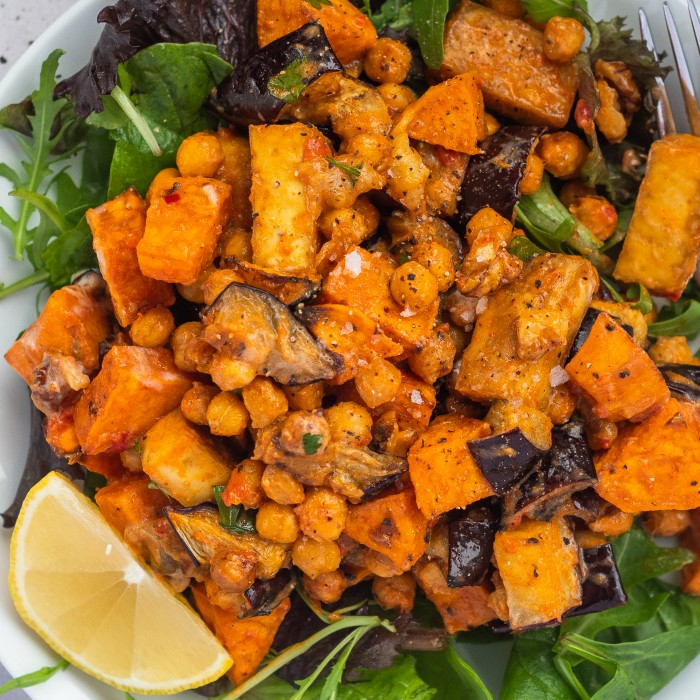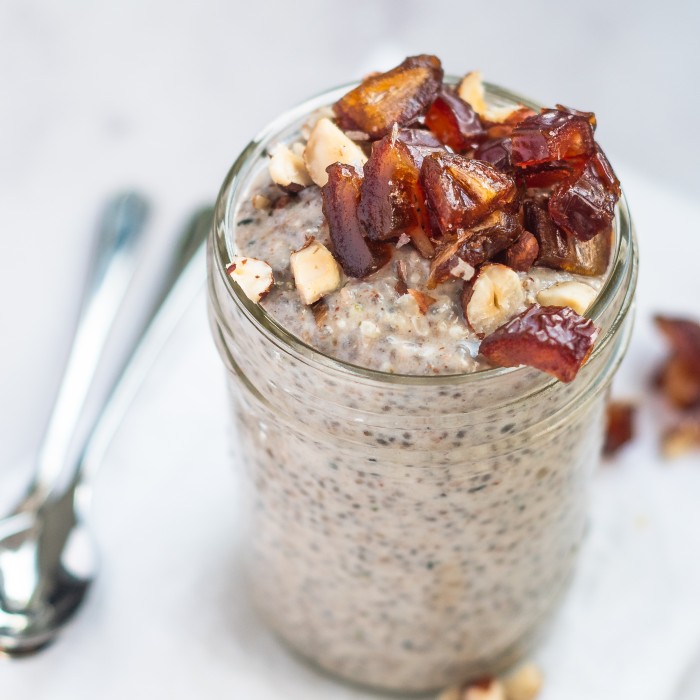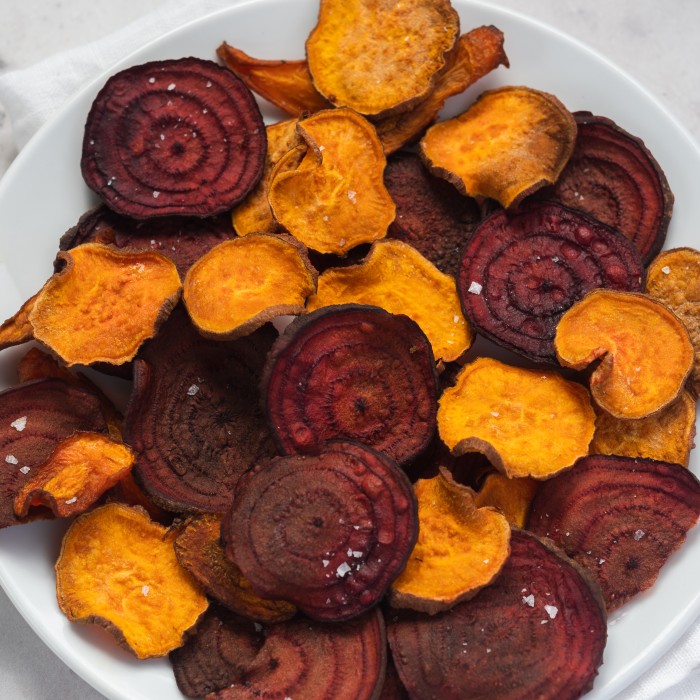Give your gut a boost: your guide to increasing fibre intake
By Tiffany Williams, BSc PG.Dip SENr7 Minute Read

7 Minute Read
We’ve all heard that fibre is as important to include in our diets as the macronutrients - carbohydrates, proteins and fats - but exactly how much do we need, and what are the easiest ways to boost our intake?
To start off with, UK guidelines state that adults should aim to get around 30g of dietary fibre each day for optimal health. However, the sad truth is that latest figures suggest that average daily dietary fibre intake in the UK is only 18g - that’s around 40% less than the recommended target (BDA, 2021). Failing to reach this target once or twice a week isn’t enough to cause huge problems, but consistently failing to meet the recommended fibre intake day after day, week after week, could leave you at a greater risk of various health conditions and subsequent effects on performance.
So, we’re here to share our top recommendations for easily boosting your fibre intake, as well as some of the core reasons why this is so important for high performers (just in case you needed some extra motivation!).


Let’s recap: exactly what is fibre? Fibre is the tough part of plants that isn’t digested in the small intestine, but is instead fermented by bacteria in the large intestine. Don’t be fooled, however! Just because fibre isn’t digested, that doesn’t mean that it isn’t valuable! For the hard-working friendly bacteria in the gut, fibre is essential in order for them to thrive. We’ll delve into more of the benefits of fibre later on in the article, but first let’s take a closer look at the different types of fibre:
The benefits of fibre are seemingly endless! From improved digestive function and regularity of bowel movements to management of cholesterol and blood glucose levels, to improved satiety (feelings of fullness) after meals and subsequent weight management support…and that’s not to mention the reduction in risk of developing chronic health conditions such as type II diabetes, cardiovascular disease and colorectal cancer.
But what about the benefits for performance?
Let's take a motorsport athlete as an example. If you’re new to the world of motorsport, the key thing to know is that the life of a motorsport athlete is extremely demanding: it often involves frequent international travel, eating in different environments and different time zones, challenges to the immune system, extreme physical challenges (in training and races)…we could go on! Having a robust, ‘well-trained’ gut is key for helping motorsport athletes to ward off illnesses to keep them available for training and races, minimise the risk of the athlete suffering gastrointestinal (GI) symptoms such as stomach cramps or loose stools during travel or competition, as well as help them to adapt to different cuisines as they cross the globe and experience various types of food.
In our experience, we’ve seen motorsport athletes display very good eating habits and in many cases, the athletes regularly include fibre-rich foods in their diets. Even when travelling, athletes make a conscious effort to pack fibre-rich snacks such as nuts or oat bars, as well as maintain their intake of fresh fruit and vegetables, no matter where they are in the world.
What can you do to reap the benefits or fibre, just like a high-performance athlete?
With these handy tips in mind, you’ll be well on your way to boosting your fibre intake to strengthen your gut and optimise your health! If you’re in need of some motivation for fibre-packed meals and snacks, drop us an email at info@TheEdgeHPL.com and we’ll send you a FREE copy of our Special Edition Recipe Book.
BDA. (2021). Fibre. Www.bda.uk.com. https://www.bda.uk.com/resource/fibre.html
The Edge HPL is not responsible for any specific health or allergy needs that require supervision nor any adverse reactions you may have to the advice we provide - whether you have followed them as written or have modified them to suit your dietary requirements.
Any nutritional advice and information provided by The Edge HPL is based on our own experiences, research and knowledge. The information provided is not to be used in place of proper medical advice. The Edge HPL and its employees and representatives are not medical professionals, do not hold any type of medical licenses or certifications and do not practice medicine. If customers have any medical questions regarding any advice or information provided by The Edge HPL, they should consult their physician, or another healthcare professional. Please also refer to our Standard Business Terms and Conditions, which can be found on our website.